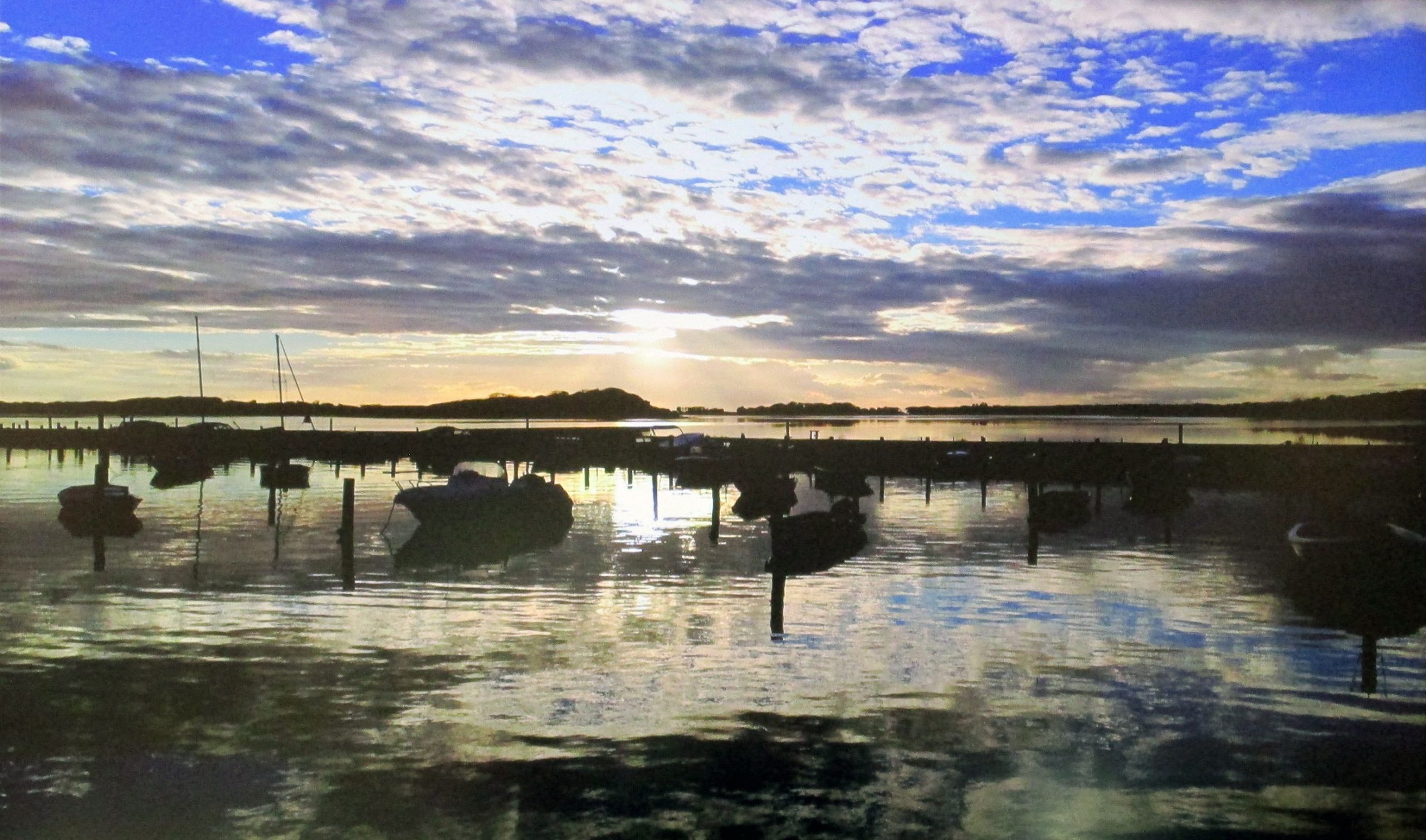In 1997 Samsø, a small Danish island of 4,000 inhabitants, won a competition organised by the government of Denmark with a master plan to transition to 100% renewable energy in ten years.
They became energy self-sufficient, stopped importing oil, and are since regarded as a successful model for implementation of a transition to renewable energy at the societal scale.
From Samsø himself, Professor Søren Hermansen, sustainability champion and energy transition leader, presented his island’s story to around 100 attendees on November 11, 2016 at the Mechanical, Maritime and Materials Engineering faculty. The Delft Energy Initiative invited him as part of their Meet the Energy Leaders series, bringing figures in the vanguard of sustainable energy transitions to speak on campus.
“I’m not here to talk about the technology,” said Hermansen, “but more about dealing with sensitive social aspects.” After all, the offshore wind power, solar and energy from biomass technologies applied on the island are all market ready and proven. All have been implemented within existing financial and policy frameworks.
So Hermansen focussed on why it was essential to tap into the social potential of his fellow islanders to get the plan to work. The strategy was to democratically involve everyone on the island by stimulating and connecting them ensuring a bottom-up participation in decision making. The Samsø vision combined idealism and environmental concerns with savings and employment opportunities. “Business and idealism are in agreement,” he said.
In this way common ground was established as islanders discovered their own interest in the transition and the benefits it could bring them. Administering sun and wind energy for the common good resonated with them and community ownership of new wind farms gave the islanders a stake in the plan. They shared the risk and the responsibility of such local solutions and had a sense of their own roles and were proud of their achievement. “We are the centre of Denmark, the EU, the world,” he said, underlining every individual’s potential role in a local sustainability transition.
The success and recognition achieved so far is not the end of the story. The Samsøers are looking further. “We want to stimulate an ongoing debate, do better, open up and engage with ideas from outside to define our next goals,” said Hermansen.



Comments are closed.